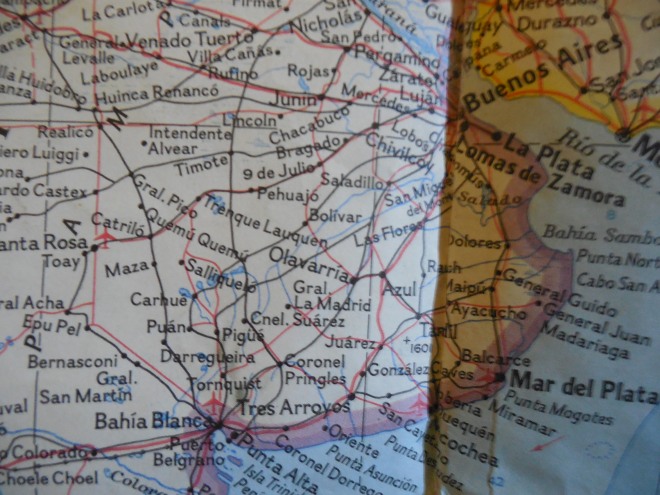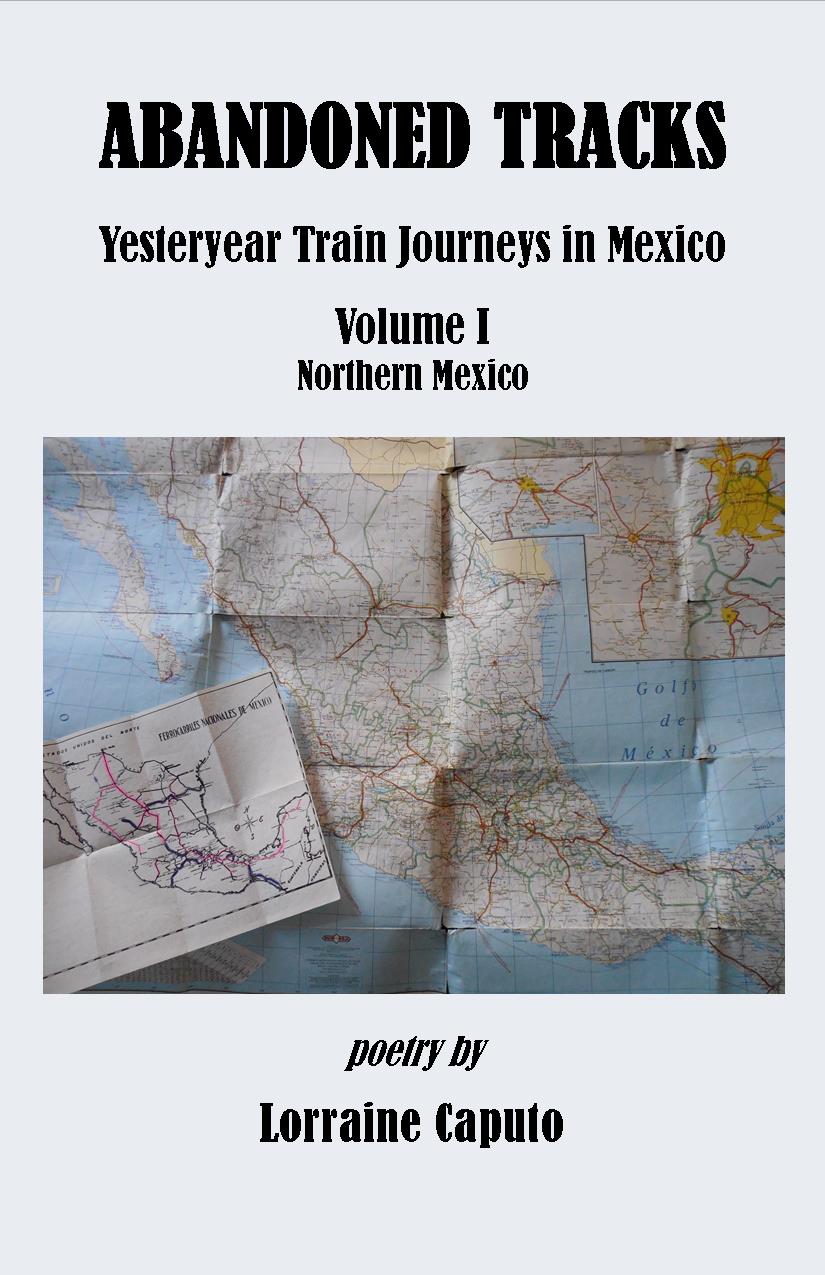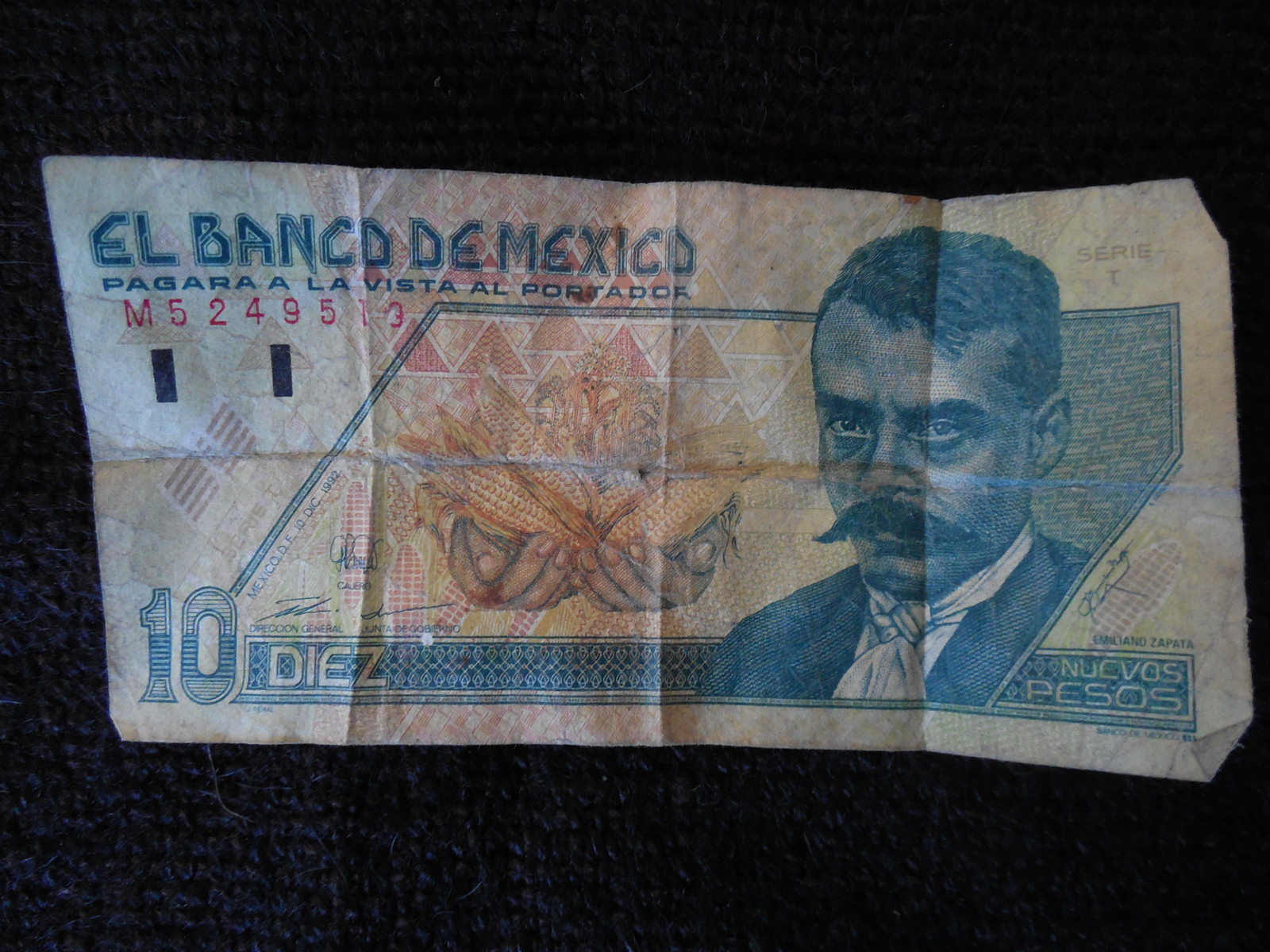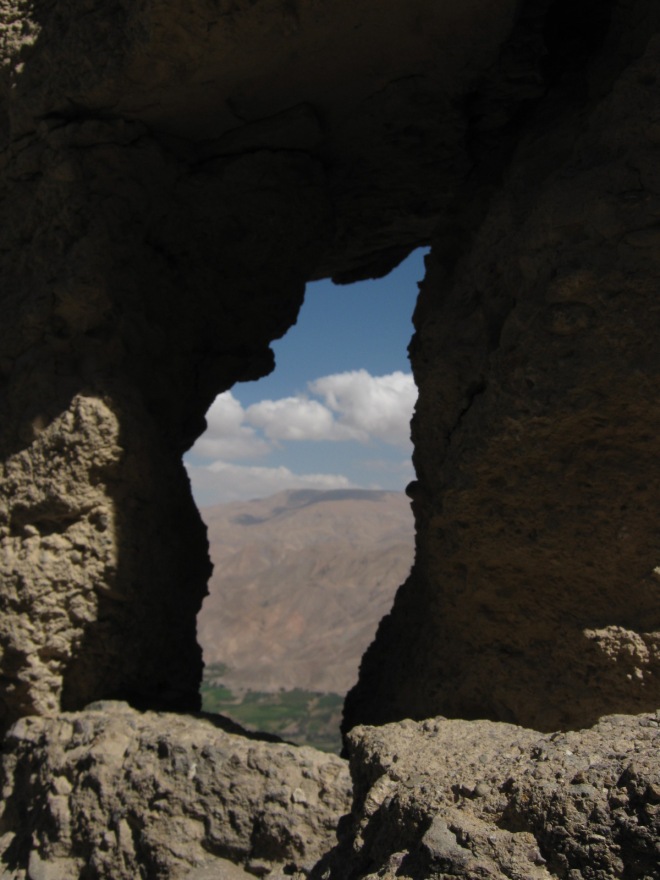Buenos Aires to Bahía Blanca, Argentina / El Bahiense (Schedule #351)
Friday 11 – Saturday 12 December 1998
I have stowed Rocinante (my knapsack) and settled into my seat. Not the window seat I had requested. The ticket seller gave me an aisle seat instead – on this three-passenger bench. =Sigh= Perhaps I can switch with whomever will be my neighbor during this ride.
I have spent several weeks in Buenos Aires, exploring this incredibly cosmopolitan city. I met up with Yamila, a sister traveler I’d met in Mexico, who introduced me to her artist friend Alejandro. Together we hit the tango festival, spending so many late nights drifting from café to café for tango dancing and jam sessions. Oh, and the dream concert in the spectacular Teatro Colón, listening to the music of the master tango performers and conductors from our perch in the gallinero, high up in the rafters.
But the time for me to hit the road has come. It’s the beginning of summer. Soon the hordes will be heading out to enjoy the sun, sea and mountains. Transport tickets will be hard to get. So tonight I’m departing Buenos Aires on El Bahiense, the train that’ll take me further south to Bahía Blanca and nearer to the Patagonia.
I step back out onto the platform to check out the train. One locomotive will be pulling eight passenger cars. There are two Pullman (ultra-first class) and a sleeper car. (According to a porter I was talking with, the sleepers hook on thrice weekly.) Then the dining car (comedor), two first-class cars, and lastly two turista cars (tourist – a fanciful name for second class). The cars are white, with a blue band at the top and bottom, and trimmed in red. Through the thin coat of paint, Ferrocarriles Argentinos – the old name for the national rail service – is still visible. Overtop is the new name, reflecting the provincial-control of the service now: U.E.P.F.P. – Unidad Ejecutora del Programa Ferroviario Provincial, a.k.a. Ferrobaires or Ferrocarril Buenos Aires.
Suddenly I hear my name being called. Yamila is frantically walking the whole line of train craning to look into the windows. Honestly, I’d forgotten she’d said she was going to try to come and see me off. It’s a good thing I took this stretch out on the platform – my seat is on the track-side, and I would never have seen (or heard) her. We hug. “From Alejandro and me,” she says, handing me a small package wrapped in Christmas paper.
The loudspeaker echoes the announcement of my impending journey. With one foot on the step, grasping the handrail, I say a last good-bye to my friend. In my other hand, I hold their gift.
The chimes, the slow pull away. I glance at the station clock: It is 9:12 p.m. We pick up speed. A suburban train whooshes past us, the faces of its passengers blurred to color. And faster we travel, zooming past the suburbs, clattering over the complex web of rails.
º
I sit looking out the open window. The wind cleanses the heat of this day. I listen to the music of my ride, watching this evening alive with a large family at a parilla, young boys playing fútbol, couples sitting in small parks.
Those houses of faded paint and those so prim. The varied graffiti. One shouts, Vote for those that fight, not for those that rob. In the pollution of city lights, the sky is murky rose-indigo in this hour or so after this near-summer sunset.
A porter, dressed in a green tartan plaid vest and white shirt, comes through: Reservations, Reservations for dinner.
º
The uniformed and plainclothes feds sit next to me, across the aisle and behind. They talk amongst themselves. The smoke of their cigarettes drift in a cloud.
The tracks have thinned to two sets now. The crossing bells rapidly clang. People wait on platforms for a train to take them home or to the city. They ignore our passage, their long days wrapped in their crossed arms.
The homes are scarce now. Their square lights of windows break the dense blackness of night. We sway hard with this speed.
Wildfires brush the night orange-red. The smell of burnt grasses drifts into the windows. But on the other side of the tracks, the city continues.
We stop someplace. A suburban train zooms by. Its air forces people away from the windows. The vendor-porter comes through again with beer and soft drinks and sandwiches. The three uniformed and two plainclothes cops get up and move to another car, perhaps to one of the sleeping compartments.
A young couple on that other side works on necklaces. But it’s mate time. The pliers and wire are put to one side. Hot water is poured from the thermos and into the gourd. The long-haired, bearded man sips through the bombilla, refills the gourd and drinks again. After another refill, he passes it to his blond girlfriend.
Aboard this train are many other young artisans – and families. And the two elderly ladies, their grey hair dyed ash-blond.
I feel quiet, just resting in the music, the rhythm of this train. I watch the slippery night-already-come slipping by. The now-and-then trains whoosh by, rocking us with their force. The damp air smells of aged grass.
I open Yamila’s and Alejandro’s gift. Within are a new journal, a pad of plain paper and watercolor pencils. Dang, I can’t believe it – I’ve long wanted to try these pencils. Wow. Last night when we’d returned to the hostel where I was staying, I gifted Alejandro and Yamila my drawings. Oh, wow – I almost feel like giving these things a try (yeh, yeh – I know, like a little kid …) And a new journal – perfect timing. I only have a few pages left in this one and it won’t last this train ride.
º
Cañuelas
On a distant playground, children swing and see-saw.
The wind blows across my braid-bound hair and cheeks.
Further back in this car, a young mochilero plays a bamboo flute. Now and again, I can hear its soft voice above the rumble rattle clatter click of our train.
I can no longer fight my lack of sleep. Too many nights up too late in Buenos Aires … I drift away on his music.
º
I awaken at a stop further down this line. Many more youth, dressed in black heavy-metal t-shirts and metal-studded belts, occupy this car. Leather braces shield their forearms. In the dim light, one plays his harmonica.
But I am still on the brink of exhaustion. I sink back into deep dream.
º
3:09 a.m.
We stop at Olavarria. And we wait. Now our sister train has arrived on the next track. There it halts, humming in the still of this chilled night. A wind dances the leaves of álamo trees. That other car opposite mine is darkened. Many of its shades are drawn down.
º
Azul
I awaken refreshed. Many passengers have come and gone.
Not many of us from Buenos Aires remain. The ash-blond ancianas are still here. Also, the punk mother and her chubby nine-year-old son. Her younger lover pulls a jacket over the sleeping boy.
A new man snores behind me. Further up this car, four women talk of families. A dark-haired one’s hands move, forming the story she tells.
º
A little after five, I awaken to the blast of cold air. Another new arrival had boarded – a young man in a ball cap and windbreaker who sits across the aisle. His window is full open.
The air is damp. Clouds grey the morning twilight. The flat pampa now and again is spotted with black bovine silhouettes. The lightening sky reveals a land tamed by mowing and plowing.
The conductor passes through announcing the next stop: ESTACIÓN CORONEL SUÁREZ. He stops at the elderly women, Ladies, your stop is approaching, then leaves. The women gather their few bags. The vestibule door cracks behind them and closes with a small bang.
And here we arrive. Water pools on the sidewalks of this quiet town. We leave those ladies behind.
º
I keep falling in and out of strange dreams. A rain washes the sheep farms we quickly pass through. And each time I resurface from my catnaps, the faces have changed.
We are only perhaps a dozen left in this wagon. At Tornquist, the mother, son, and lover leave – and the ball-capped man, too. The rain continues. Many are still asleep. Rain blows through a window that won’t stay shut.
º
Saturday 12 December 1998 / ~8:05 a.m.
– Tres Picos, just past Tornquist
We slowly pass past the old brick building. Its light blue window and door frames peel their paint. It’s raining and it’s cold. I have heard a dog barking several times in the next car back. Further south, the sky looks a bit clearer, a bit more yellow.
We’re in our last hour of our ride. The five heavy metal rockers sleep across the seats up front. The man behind me has gone to the dining car.
We stop along a blackened field for a moment. Outside the wind hushes and then whistles from the Northwest. Yellowed grasses bow and sway. Dried thistles and newly flowering bright purple ones hedgerow yards. The rain has ended for now.
We rattle and creak along, this train straining under its slow speed. A jet entering the heavens marks Bahía Blanca. We are getting nearer – the more frequent ranches, the road signs to port, a garbage truck.
And then the neighborhoods. A sweatered boy sits atop the brick-block wall of his yard. Too-close trees scrape the sides of this car. We creep and creak along. There’s a park on one side. On the other, fine houses with perfect fenced yards bunch. In a small vegetable garden behind one, the corn is tassling and the onions blooming. In the midst, stands a papier-mâché woman, her skin in tatters, worn down to rusting chicken wire
The traffic is stopped. A man waiting for our passage, to raise the manually operated gate again. Two pictures of El Che observe our passage. One says, If you are capable of feeling the injustice …
º
When we arrive, the station clock says it is 9:45 a.m.
The roqueros gather their bags and two guitars. A white-haired man leads them to two waiting cars.
I hoist Rocinante onto my back and wander towards the paved highway to hitch my way into the Patagonia.













